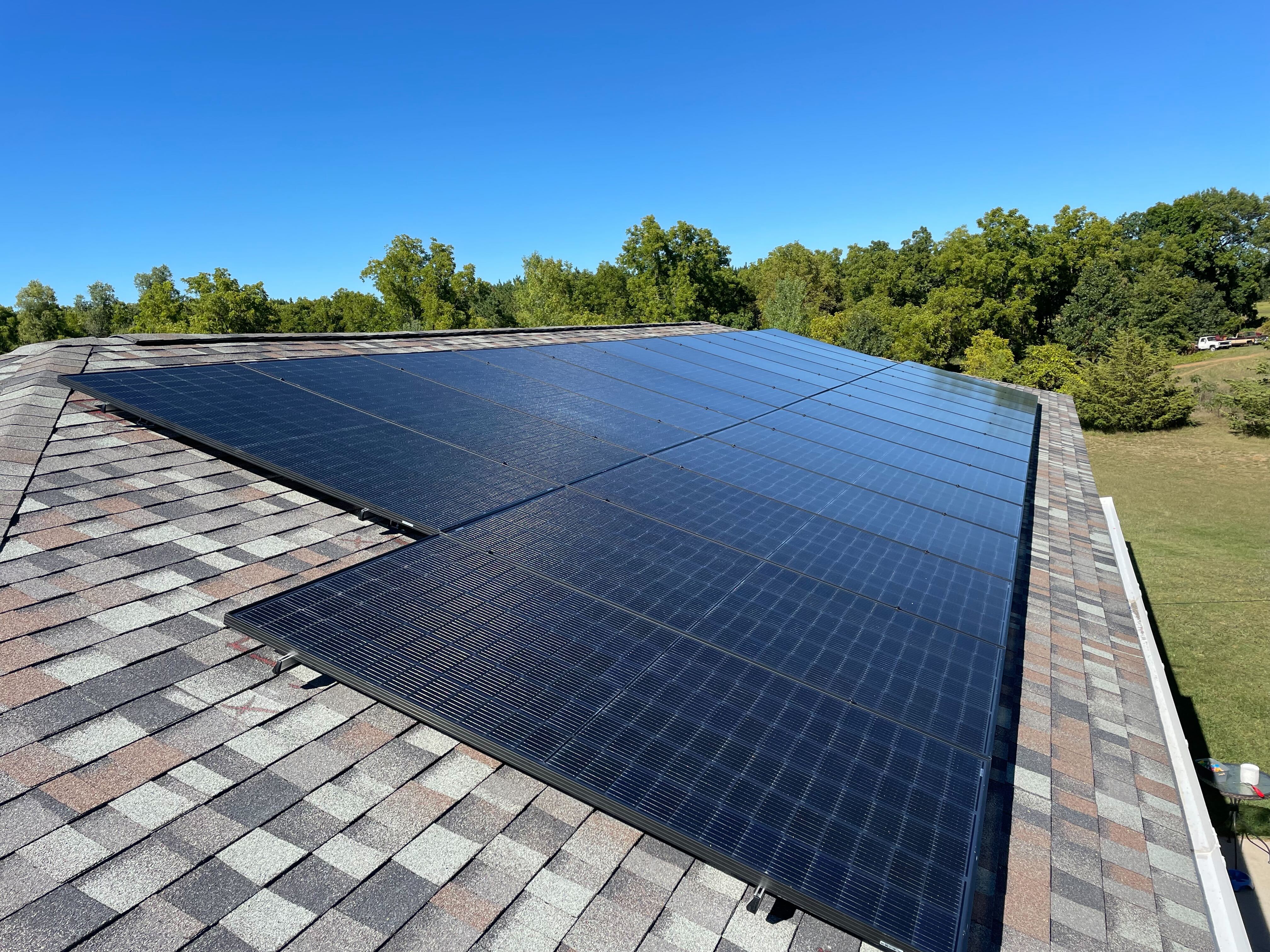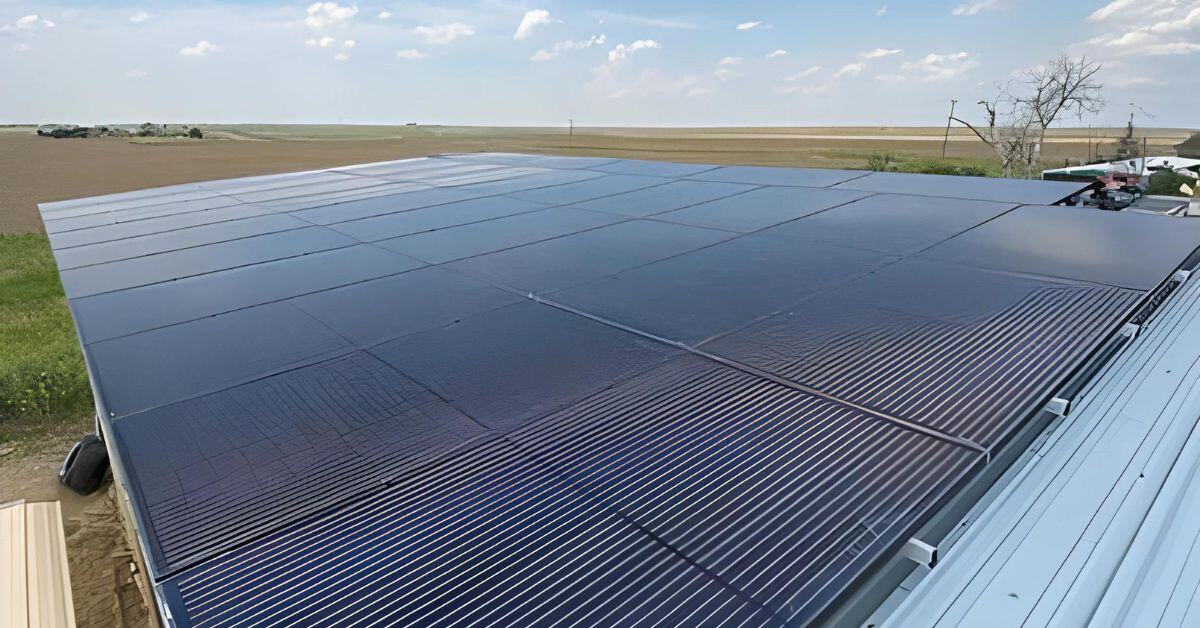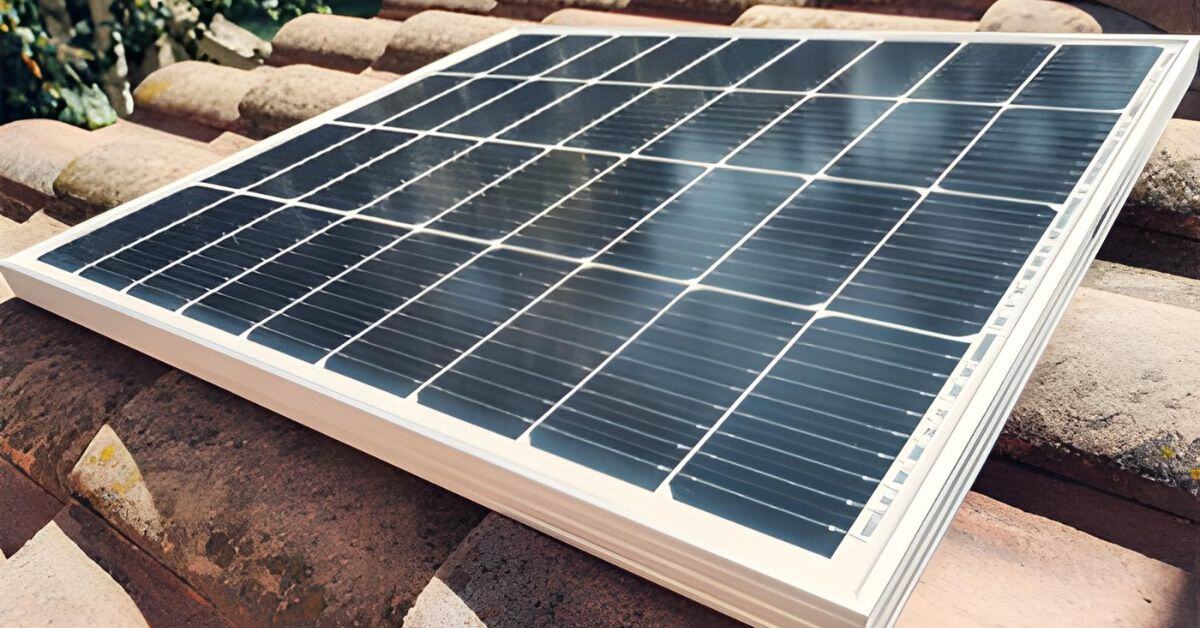Top 10 Benefits of Solar Power in Madison, WI

Though the electricity rate in Wisconsin is 11% higher than the national average, solar systems managed to bring it down by 43% over the past 5 years. As such, switching to a solar source is currently paying off. Its benefits are longer-lasting compared to using nonrenewable energy.
Madison, Wisconsin, lies in the Midwest, where the sun shines an average of 195 days yearly. It's thus a great place to go solar. Homeowners can use the abundant sunlight to generate clean, renewable energy.
Learn more about the benefits if you want to go solar in Madison, WI. Going solar is a great way to save money and protect the environment. Here's a breakdown of these benefits in detail:
Reduce Your Reliance On The Grid
The electric grid uses power plants, transmission lines, and substations to deliver electricity. It is a complex system that needs careful coordination and management. Its main parts include generation, transmission and distribution.
Electricity from the grid is expensive due to the cost of fuel, infrastructure, regulation and profit. It's because nonrenewable energy sources like nuclear power and fossil fuels are expensive to exploit. Having them regulated by the government is also an expensive affair.
Going solar can help reduce your reliance on the grid. It helps you generate your electricity. And this can reduce the amount of electricity you need to buy from the grid.
You can store the excess electricity your solar panels generate in a battery storage system. The battery allows you to use the electricity when you need it. With a net metering program, you can sell excess solar energy from the panels to the electric grid.
Lower Your Carbon Footprint
Solar systems can reduce your carbon footprint. They are a clean energy source that doesn't produce any greenhouse gasses. You can count on them to improve your carbon footprint, which is an important factor with regard to climate change.
A carbon footprint is the total amount of greenhouse gasses emitted into the atmosphere. It measures the impact your energy use has on the environment. Your carbon footprint covers things like how much electricity you use, how much gas your car consumes, and how much you fly.
Reducing your carbon footprint can help reduce climate change. Climate change stems from the buildup of greenhouse gases in the atmosphere. These gasses trap heat from the sun that causes the Earth's temperature to rise, rising sea levels, and melting glaciers.
Increase Your Home Value
Solar panels can increase the value of your home. It's because solar panels are a valuable asset that can save homeowners money on energy bills. They are a desirable feature for homebuyers looking to live more sustainably.
If you want to increase the value of your home with solar panels, get a professional appraisal. The appraisal can help you determine your home's current value. It also helps you know how much the addition of solar panels could increase that value.
Ensure that a qualified installer handles the installation for the panels to last for many years. A solar monitoring system can help you to track the performance of your solar panels. It ensures that they are operating properly.
Boost Your Home's Energy Efficiency
Solar panels can generate electric energy for your home. And this can reduce the amount of electricity you need to buy from the grid. They can also improve your home's energy efficiency.
Energy efficiency for a home means using less energy to heat, cool, light, and power your home. Solar panels are energy efficient since they convert sunlight into electricity. And this type of electricity can power your home without producing greenhouse gases.
The efficiency of solar panels can vary with certain factors. These factors include the type of solar panel, the amount of sunlight, and the temperature. To boost the energy efficiency of your solar system, choose solar panels with a high-efficiency rating.
You should also install the panels in a location with a lot of sunlight throughout the day. Clean them regularly to keep them operating at peak efficiency. Using a solar tracker, which automatically adjusts the orientation of your solar panels to track the sun throughout the day, can also help.
Get Tax Breaks and Incentives
Several federal, state, and local tax breaks and incentives are available for homeowners who go solar. They can make going solar more affordable. The most common examples are the federal solar tax credit and investment tax credit.
With the federal solar tax credit, you can get a 30% tax credit on the cost of solar panels. The credit is available for both home and business solar installations. An investment tax credit is a federal tax credit that offsets the cost of solar energy systems for homes and businesses.
Many states and localities offer additional tax breaks and incentives for solar energy. These incentives can vary widely. So, checking with your local government to see what is available is important.
There are many other ways to finance solar energy installations. These include loans, leases and power purchase agreements. You can also talk to your solar installer about financing options.
Protect Yourself From Rising Energy Prices
Energy bills can take up a significant part of a homeowner's budget. They can make it difficult to afford other necessities. When they go up, homeowners may have to cut back on other expenses.
Solar energy is becoming increasingly affordable for homeowners. The cost of solar panels is rapidly reducing with innovations in the industry. Many government and utility company incentives are also available to help offset the installation cost.
Consider your energy usage when deciding if solar energy is right for you. The amount of energy you use will affect the size of the solar system you need. It also determines the amount of solar savings.
Ensure you can pay for the solar panels and their ongoing costs before buying them. Get several quotes and talk to your utility company about net metering programs. You should also do your research to learn more about the federal, state and local incentives.
Make a Difference for The Environment
By going solar, you can help to reduce your reliance on nonrenewable energy sources. Doing this can have a positive impact on the environment. It can also help you take part in environmental conservation efforts.
Solar energy doesn't need water, so it helps save water resources. It also helps protect ecosystems that are at risk of over-exploitation. When designed to be wildlife-friendly, solar systems can protect biodiversity.
To reap these benefits, choose a solar installer committed to environmental sustainability. Ask about their sustainability practices before working with them. You should also choose solar system parts with a low carbon footprint.
Improved Health and Safety
Burning fossil fuels can release harmful pollutants into the air inside homes. These pollutants can cause respiratory illnesses like asthma and bronchitis. Solar energy can offer a clean alternative to fossil fuels, reducing air pollution.
It can also provide reliable lighting for homes, even during power outages. This way, households enjoy a reduction in accidents and improved security. Solar-powered lighting can also extend productive hours, allowing you to work longer into the evening.
You can use solar-powered generators to power appliances without creating noise pollution. The generators are handy if you live in a noisy area or have sensitive hearing. They can also withstand natural disasters, such as hurricanes and earthquakes.
Set a Good Example for Your Community
Going solar can set a good example for your community. It can also inspire others to consider going solar themselves. There are various things you can do to encourage others to go solar.
Talk to your neighbors and community members about your solar experience. While doing this, share the benefits you experienced. You can also host an open house or solar workshop for your neighbors to educate people about solar energy.
Many groups are working to promote solar energy in communities across the country. Getting involved with these groups is a great way to make a difference.
Help Create Jobs and Boost the Economy
Since the solar industry is rapidly growing, it's creating jobs and boosting the economy. The industry employs a large number of people in manufacturing jobs. Manufacturing and assembling solar panels can create jobs.
The solar industry also employs many people in installation jobs. It creates opportunities for electricians and roofers. The same applies to technicians who can clean, inspect, and repair solar panels.
Besides creating jobs, the solar industry also stimulates solar investment and innovation. Businesses are investing in new technologies and manufacturing facilities. These investments are creating economic growth and jobs in various sectors.
Solar energy also reduces dependence on foreign oil, saving money and enhancing national security.
Looking to Switch to a Reliable Solar Source?
A solar source can generate electricity for your home, which can help reduce your reliance on the grid. In addition, it can increase your home's value and reduce your carbon footprint. Make the switch to renewable energy to enjoy these benefits.
If you want to protect your home from rising energy costs with solar panels, look no further than Skyline Solar Power. We'll let you trade your variable electric bill for a fixed solar payment and own your system for no money down. Schedule your solar consultation today.


